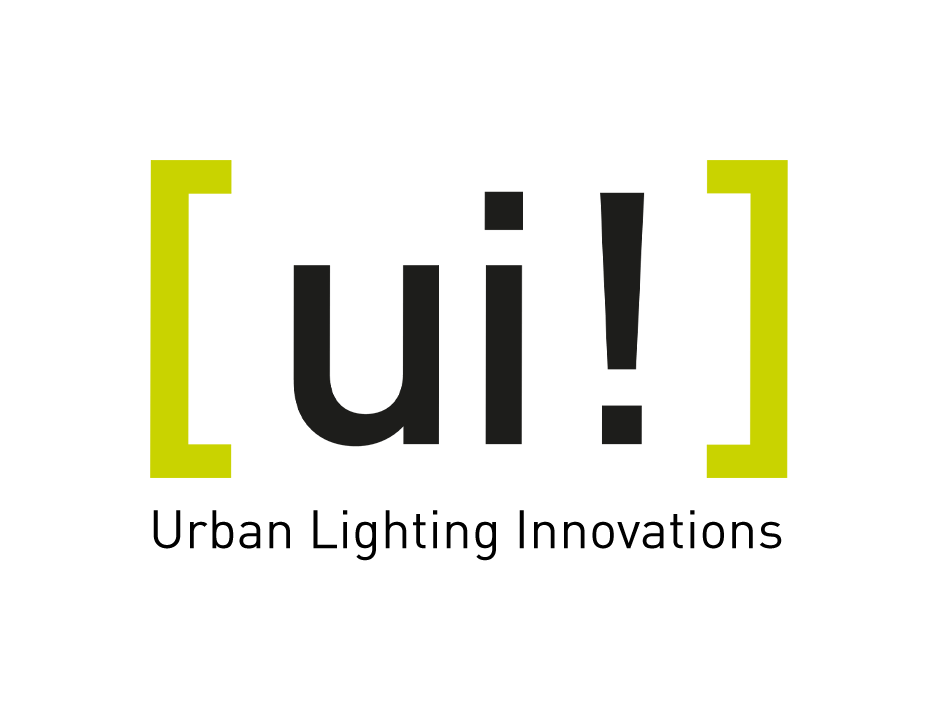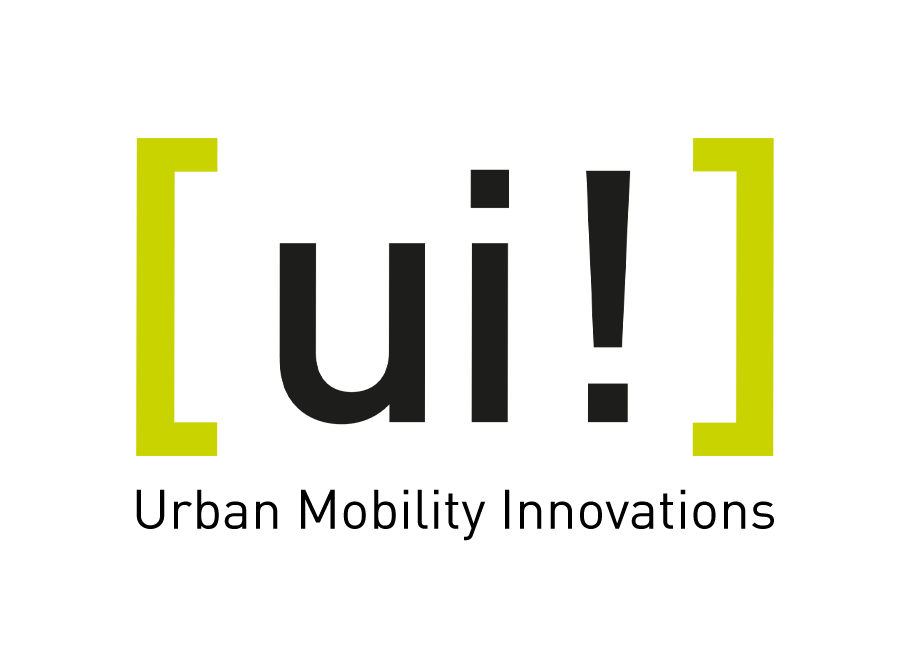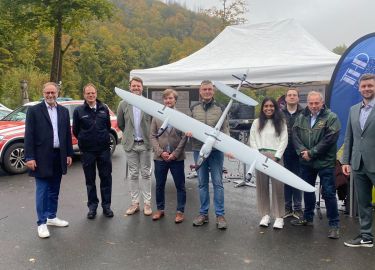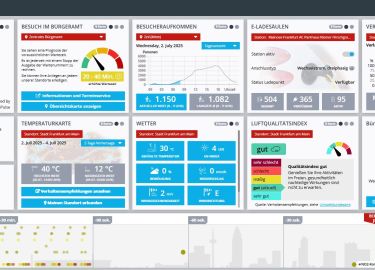Interview with Dr. Lutz Heuser on "Smart Cities Need the Right Data"
Smart cities need the right data
Evidence-based decisions help implement proven projects.
Dr. Heuser, you have been involved in the topic of smart cities for many years and support communities with software and data platforms.
Can the mobility concepts of the cities be derived from the existing data?
Some communities collect data with sensors in public spaces, such as streetlights, parking lots, or trees.
I believe that there should be a marketplace for the existing solutions. The necessary data is certainly available to the municipalities at an affordable amount. It would be great if we could make it possible for the communities to acquire this knowledge themselves in self-service and start and test the world of digitization without waiting too long. We have made a first attempt and developed the communal marketplace [ui!] AGORA (https://agora.umi.city). This could be this gathering point where people can get information and very specifically put together the appropriate solutions, analyses, products or consulting services for their smart municipality. The goal is also to ensure that we are not alone in this marketplace. There are enough individual offerings that then ideally - now I'm speaking as the spokesperson for the Smart City Forum - are also standard-compliant and meet the requirements for the smart city. This includes, for example, proper product sheets that also document precisely a performance description.
Evidence-based decisions help implement proven projects.
The questions were asked by Gunther Schilling.
On the way to the smart city, many communities go through long strategy phases in which individual projects are developed with citizen participation. Prof. Dr. Dr. e.h. Lutz Heu- ser, CEO of the [ui!] Urban Software Institute, makes the case for a roll- out of proven blueprints based on appropriate data in an interview with #stadtvonmorgen.
Dr. Heuser, you have been involved in the topic of smart cities for many years and support communities with software and data platforms.
How do we move forward on the topic of Smart City?
We are dissatisfied with the slow pace of the smart city issue. There is a funding program called "Smart Cities Model Projects" that was set up by the Ministry of the Interior and has now been transferred to the Ministry of Construction. But which of the communities that were selected in 2019 is now standing there after three years and has achieved its goals? I don't know any of them. The ones I talk to are frustrated by the slowness and complexity. We lack significant blueprints that we could adopt and scale in other communities. That prompted us to look at the coalition agreement of the new federal government. And we were sobered to discover: It does talk about digitization, but the design continues to be spread across numerous ministries. As part of the Smart City Forum, we drew up and adopted a position paper on the German government's digital policy. In this paper, we made proposals on how to make not only 70 to 100 communities that are now being supported by the Federal Ministry of the Interior smarter, but also the first 1,000, so that the next 5,000 can follow suit.
Many cities are currently making great efforts to involve citizens in the smart city issue and are seeking dialog. Ideas are collected, their feasibility is examined, and the projects are put back up for discussion. Doesn't that fall by the wayside when it comes to scaling?
The problem is that strategy and participation are often confused at the communal level today. Of course, it is right and proper to comprehensively involve the urban community in shaping the digital future in order to win over as many people as possible for active participation. However, there are clear requirements and best practices for digital strategies that have a lot to do with the concrete technical object of digital transformation. This is where I see the current deficits above all. Does the treasurer, does the administration have scope to address these concerns of society, of residents, of citizens? If they don't, then something is done, even out of good will, that is not implemented..
Does this mean that Smart City has to follow the cash situation or that the administration and committees have to develop a strategy with concrete steps for implementation?
When the administration plans a budget for many years ahead, it has a certain structure. Then you can't change the priorities every year if citizen participation sets other priorities. However, regardless of this, the question arises for me: Does everyone have to develop a strategy from scratch? Today, we know exactly which use cases provide an immediate benefit. For example, we saw this in Bad Hersfeld: If the community modernizes the street lighting (one of the core use cases of Smart City), then it saves a precisely ascertainable amount of money, contributes emphatically to energy efficiency and to climate protection as well as to species protection. Recent reports show that more and more communities want or need to make immediate savings in street lighting energy consumption. We are no longer at the point where everyone has to experiment. The experiments have taken place. There are a lot of blueprints. I'm of the opinion: let's do a rollout. Let's make sure that these topics no longer have to be thought of from scratch.
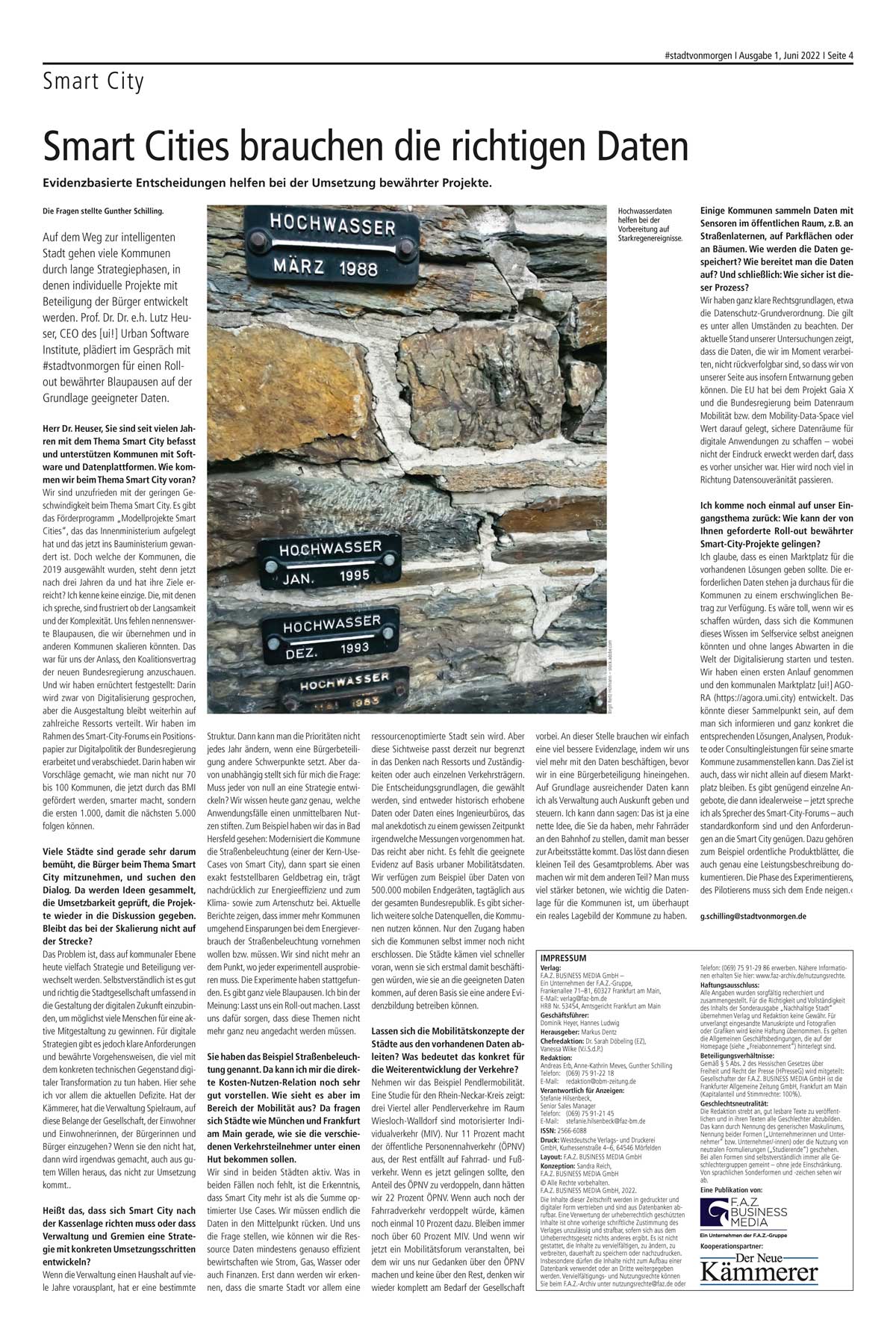 You mentioned the example of street lighting. I can very well imagine the direct cost-benefit ratio there.
You mentioned the example of street lighting. I can very well imagine the direct cost-benefit ratio there.
But what about mobility? Cities like Munich and Frankfurt am Main are currently asking themselves how they can reconcile the various road users.
We are active in both cities. What is still missing in both cases is the realization that smart city is more than the sum of optimized use cases. We must finally put the focus on data. And ask ourselves how we can manage the resource data at least as efficiently as electricity, gas, water or even finance. Only then will we realize that the smart city will primarily be a resource-optimized city. However, this view currently fits only to a limited extent into thinking according to departments and responsibilities or even individual modes of transport. The decision-making bases that are chosen are either historically collected data or data from an engineering firm that once anecdotally took some measurements at a certain point in time. But this is not sufficient. There is a lack of suitable evidence based on urban mobility data. For example, we have data from 500,000 mobile devices every day from all over Germany. There are certainly other such data sources that communities can use. It's just that the communities themselves still haven't tapped into this access. The cities would make much faster progress if they would first deal with how to obtain the suitable data on the basis of which they can carry out a different evidence-building process.
Can the mobility concepts of the cities be derived from the existing data?
What does this mean in concrete terms for the further development of transports?
Let's take the example of commuter mobility. A study for the Rhine-Neckar district shows: three quarters of all commuter traffic in the Wiesloch-Walldorf area is motorized private transport (MIV). Local public transport (ÖPNV) accounts for only 11 percent, with bicycle and pedestrian traffic making up the rest. If we were now to succeed in doubling the share of public transport, we would have 22 percent public transport. If bicycle traffic were also doubled, we would have another 10 percent. That still leaves more than 60 percent MIV. And if we now organize a mobility forum where we only think about public transport and not about the rest, we are again completely missing the needs of society. At this point, we simply need a much better evidence base by looking much more at the data before we go into citizen participation. As an administration, I can also provide information and control on the basis of sufficient data. I can then say: That's a nice idea you have, to put more bicycles at the station so that people can get to work more easily. That solves this small part of the overall problem. But what do we do about the other part? We need to emphasize much more strongly how important the data situation is for the communities in order to have a real picture of the situation in the community at all.
Some communities collect data with sensors in public spaces, such as streetlights, parking lots, or trees.
How is the data stored? How do you process the data? And finally: How secure is this process?
We have very clear legal foundations, such as the General Data Protection Regulation. These must be observed under all circumstances. The current status of our investigations shows that the data we are currently processing cannot be traced, so we can give the all-clear in this respect. The EU has placed a great deal of emphasis on creating secure data spaces for digital applications in the Gaia X project and the German government in the Mobility Data Space - although the impression must not be given that it was insecure before. Much will still happen here in the direction of data sovereignty.
Let me come back to our opening topic: How can the roll-out of proven smart city projects that you have called for succeed?
I believe that there should be a marketplace for the existing solutions. The necessary data is certainly available to the municipalities at an affordable amount. It would be great if we could make it possible for the communities to acquire this knowledge themselves in self-service and start and test the world of digitization without waiting too long. We have made a first attempt and developed the communal marketplace [ui!] AGORA (https://agora.umi.city). This could be this gathering point where people can get information and very specifically put together the appropriate solutions, analyses, products or consulting services for their smart municipality. The goal is also to ensure that we are not alone in this marketplace. There are enough individual offerings that then ideally - now I'm speaking as the spokesperson for the Smart City Forum - are also standard-compliant and meet the requirements for the smart city. This includes, for example, proper product sheets that also document precisely a performance description.
The phase of experimenting, piloting must be coming to an end.
Quelle: www.stadtvonmorgen.de, Gunther Schilling




